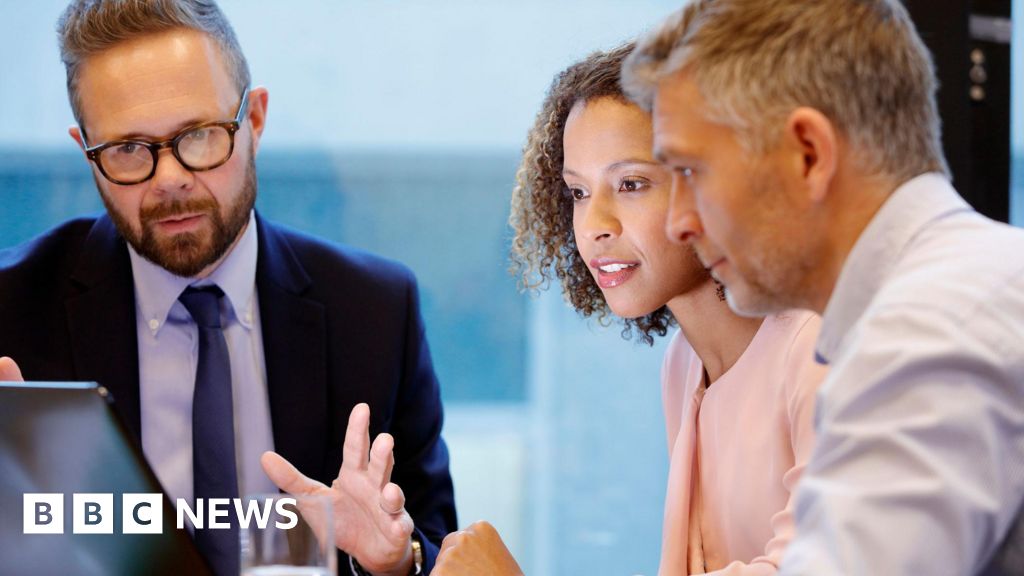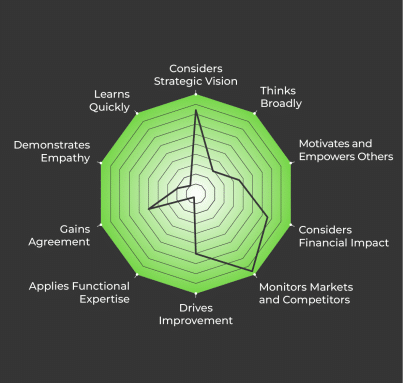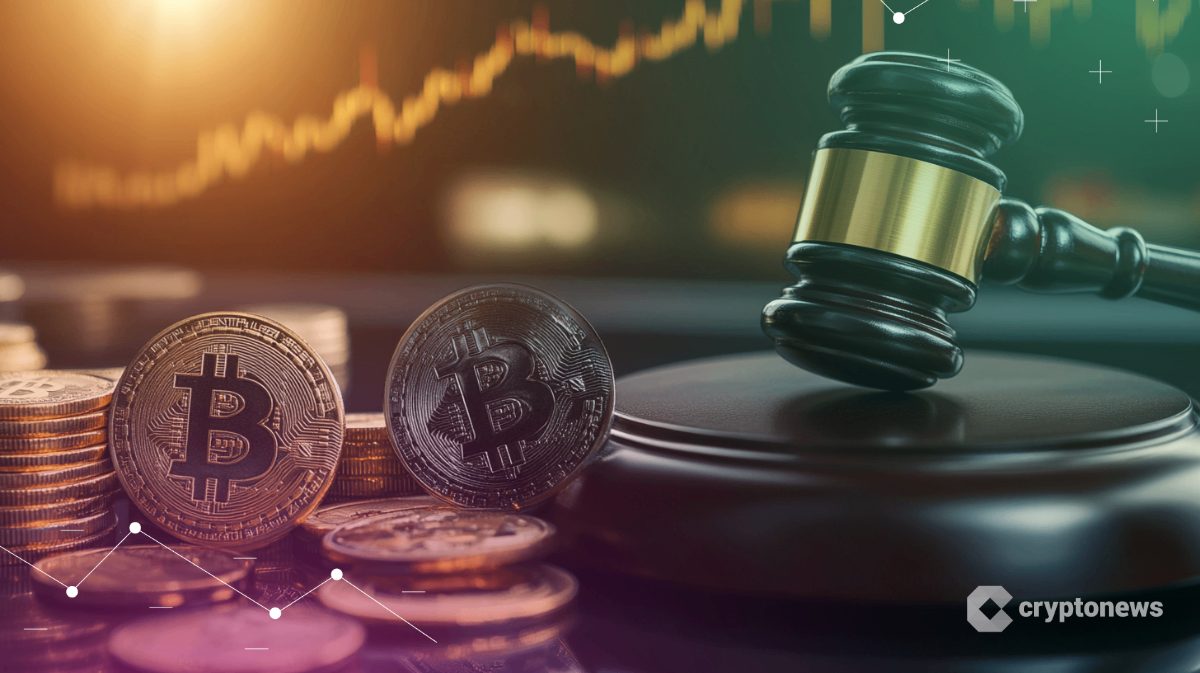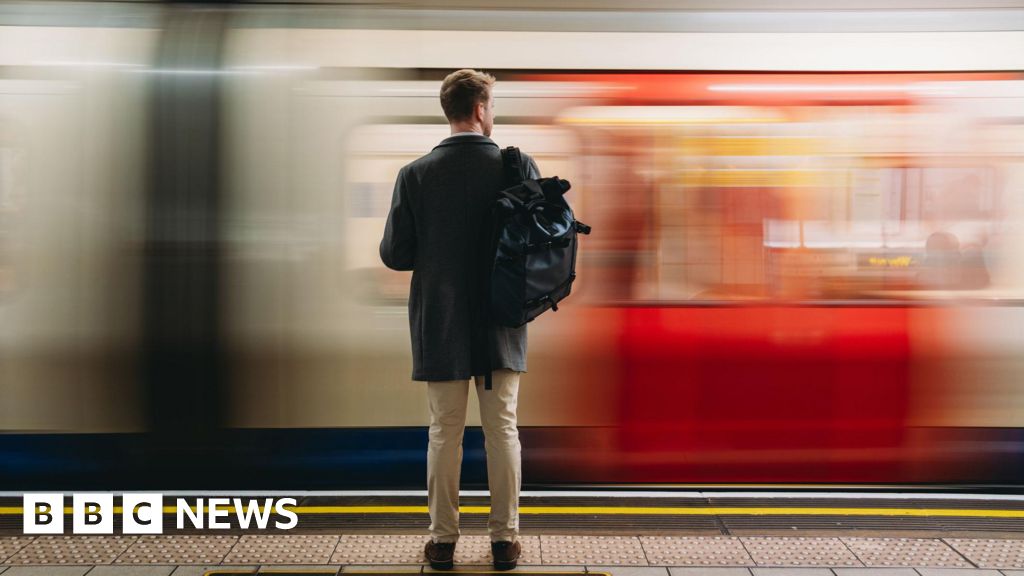Government debt refers to the overall amount of money owed by the government that has built up over years.
Borrowing refers to the difference between public sector spending and income from taxes in a given period.
The Chief Secretary to the Treasury, Darren Jones, said the latest figures were a “clear reminder” of the “worst economic inheritance” since the Second World War.
While last month’s borrowing figure of £14.5bn was the lowest June total for five years, helped by lower interest costs linked to falling inflation, it was still higher than economists had forecast.
With pressures to spend more on some public services, and election promises not to raise rates of income tax, corporation tax or VAT, many economists expect borrowing to increase.
Dennis Tatarkov, senior economist at KPMG UK, said: “The new chancellor faces the daunting task of funding the new government’s agenda, while maintaining public finances on a sustainable footing.
“A combination of high levels of spending and weak growth prospects will present uncomfortable choices – deciding between even more borrowing or substantially raising taxes if spending levels are to be maintained.”
Separate figures from the ONS , externalshowed that retail sales fell by more than expected last month, with shops saying they had been hit by cold weather and election uncertainty.
Retail sales volumes dropped by 1.2% in June, the ONS said, following strong growth in May.
Sales at non-food retailers such as clothes shops and department stores saw the biggest fall, down 2.1%.
“Retailers suggested election uncertainty, poor weather, and low footfall affected sales,” the ONS said.
Credit: Source link










